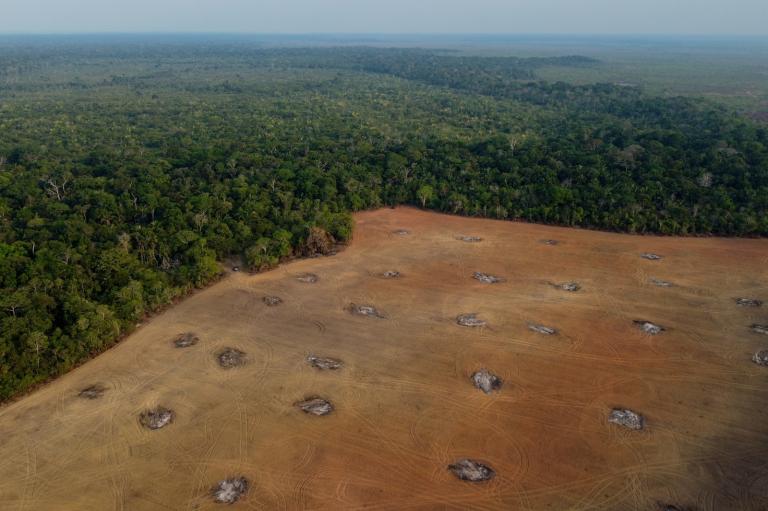Evangelicals have been absent without leave from the climate change discussion, failing to push the Republican Party to take the issue seriously, according to Richard Cizik, the vice president for governmental affairs at the National Association of Evangelicals. Evangelicals, Cizik said, are looking for “prophetic leadership” to champion the climate cause. Surprisingly, he said that voice may not come from traditional conservative circles.
“The advantage that Barack Obama brings to the equation is that he doesn’t have the rest of his party — a significant wing of his party — telling him to go slow or do nothing,” Cizik told Grist last week when he was in Seattle for an exhibition of wildlife photography at the Burke Museum on the University of Washington campus. He stopped by Grist’s office with LeeAnne Beres of Earth Ministry and Peter Illyn of Restoring Eden to discuss the need for religion to engage in the climate debate and take responsibility for its lack of action on the “moral and spiritual problems” of climate change.
Evangelicals AWOL from climate debate
2008 presidential race
Though unwilling to endorse any political candidate and open about his personal alliances to the GOP, Cizik did express his disapproval of the Republican party’s stick-in-the-mud attitude toward climate change. He called for “bold action,” and rejected the “climate-light Bushisms” that the party has been dangling before the American people. He said he “always liked John McCain for his green stand,” but recognized Barack Obama as the “greener” candidate who could take climate action without having to drag his party along kicking and screaming.
A pro-life view of creation
Known primarily for focusing on abortion and other social issues, Evangelicals are latecomers to the climate debate. However, as Illyn said, “creation care” can be considered a way to strengthen and enlarge the pro-life vision.
Illyn also acknowledged Barack Obama for his climate positions, but he’s not eager to give up on John McCain:
The Climate Security Act
On the Climate Security Act, Cizik disapproved of the Senate Republicans’ filibuster that prevented debate on the bill. He speculated that moving forward, the only way to change the political complexion in the next Congress is to change the minds of the evangelicals.
Greening churches and congregations
From the Pope to the largest South Carolina association of black churches to the Southern Baptists, religious communities have started to adopt climate change as an issue of faith. Beres said she considers this shift not only constructive for the health of the planet but also positive for the health of religion’s role in society. As congregations have adopted green stances, many have seen members return to the church, she said.
The “Book of Nature”
Beyond the political and social benefits to embracing environmental advocacy, Illyn said protecting the “Book of Nature” enhances individual spirituality.
Millions of evangelicals
Above all, to move anywhere on the climate issue, Cizik said evangelicals will need to be part of the political solution. With population numbers of 30 million to 100 million Americans located in key states around the country, the Evangelical voting bloc has the ability to force climate change as a top political priority.
For more on the intersection of climate and religion, see Grist’s 2006 special series: God & the Environment.
Russ Walker contributed to this story and conducted the interview.

